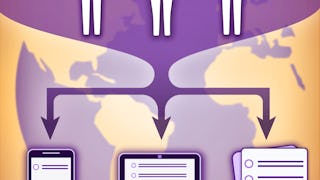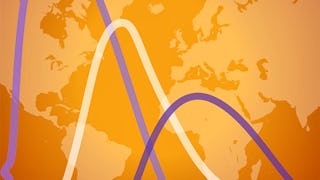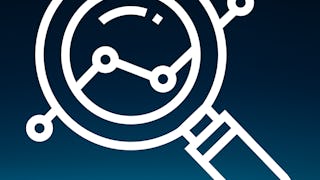In this course, you will learn about the role and importance of civil registration and vital statistics (CRVS) systems that are used to track birth, death, and life events. Experts from around the world will explain what CRVS systems are, how they are used, the legal bases for registering vital events, and challenges experienced with CRVS systems. You will learn about how CRVS data can be used to inform population-level decision-making, including around specific methods such as medical certification of cause of death (MCCOD) and verbal autopsy, and the application of a gender and equity lens to data systems to ensure they are responsive to the needs of populations. Our overarching goals for the course are to support the collection of country-level death and birth data, to improve the use of data to inform policy priorities, track trends, and plan interventions, and enhance monitoring of major risk factors for early death, especially from noncommunicable diseases.

Civil Registration & Vital Statistics in Population Health


Gain insight into a topic and learn the fundamentals.
Beginner level
No prior experience required
5 hours to complete
Flexible schedule
Learn at your own pace
What you'll learn
Define the importance of CRVS and the challenges associated with collecting data on birth, death, and cause of death.
Explain the core functions of civil registration and vital statistics, as well as the formats in which they are implemented.
Consider how to strengthen CRVS and address data quality issues, using cause of death interventions as an example.
Understand the importance of using equity and gender-transformative approaches to CRVS to ensure that everyone is counted and no one is left behind.
Skills you'll gain
Details to know

Shareable certificate
Add to your LinkedIn profile
Assessments
12 assignments
Taught in English
See how employees at top companies are mastering in-demand skills

There are 2 modules in this course
What's included
10 videos2 readings6 assignments2 discussion prompts
What's included
6 videos3 readings6 assignments1 discussion prompt
Offered by
Why people choose Coursera for their career

Felipe M.
Learner since 2018
"To be able to take courses at my own pace and rhythm has been an amazing experience. I can learn whenever it fits my schedule and mood."

Jennifer J.
Learner since 2020
"I directly applied the concepts and skills I learned from my courses to an exciting new project at work."

Larry W.
Learner since 2021
"When I need courses on topics that my university doesn't offer, Coursera is one of the best places to go."

Chaitanya A.
"Learning isn't just about being better at your job: it's so much more than that. Coursera allows me to learn without limits."
Explore more from Health

Johns Hopkins University

Johns Hopkins University

Universiteit Leiden

Imperial College London




